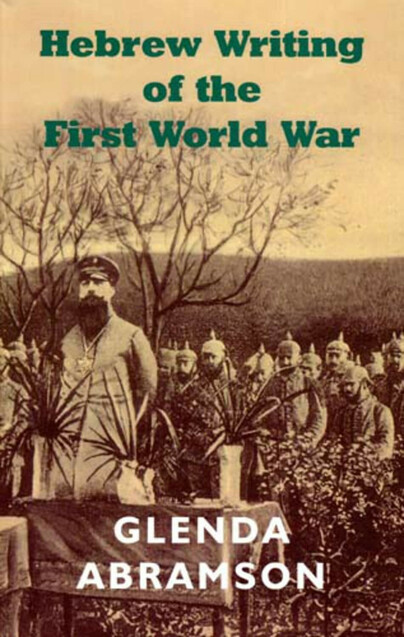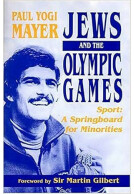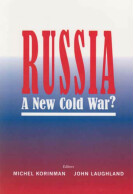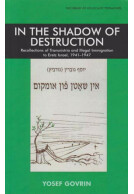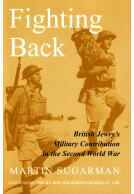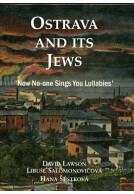Hebrew Writing of the First World War (Paperback)
Imprint: Vallentine Mitchell
Pages: 405
ISBN: 9780853037712
Published: 30th June 2008
Script Academic & Professional
Pages: 405
ISBN: 9780853037712
Published: 30th June 2008
Script Academic & Professional
You'll be £19.95 closer to your next £10.00 credit when you purchase Hebrew Writing of the First World War. What's this?
+£4.99 UK Delivery or free UK delivery if order is over £40
(click here for international delivery rates)
Order within the next 4 hours, 14 minutes to get your order processed the next working day!
Need a currency converter? Check XE.com for live rates
(click here for international delivery rates)
Order within the next 4 hours, 14 minutes to get your order processed the next working day!
Need a currency converter? Check XE.com for live rates
Almost one and a quarter million Jewish soldiers took part in the First World War, spread through the armies on both sides of the conflict. Their numbers were more or less in proportion to the Jewish populations in the countries involved, and sometimes even greater. There is comparatively little writing about this experience in Hebrew. Those who did write novels, poetry, stories, memoirs and diaries in Hebrew were either serving soldiers on the Eastern Front and in Palestine, or civilians who were caught up in the war in one way or another. Their work reflected not only the tribulations of the trenches, but also the hardship suffered by civilians. Most of the Hebrew writers in Europe, including Saul Tchernichowsky, U.Z. Greenberg and Yehuda Ya'ari, confront the Russian pogroms in their work. Starvation, illness and banishment were the lot of the Jews in Jerusalem and the Lower Galilee, and the appalling situation of the Jewish refugees was represented by memoirists, journalists and fiction writers such as Aharon Reuveni, L.A. Orloff and Y.H. Brenner, all caught up in the trials of the wartime yishuv. Woven into their views of the war is a portrait of the major transition taking place in Jewish political culture at the time, and their growing identification with Zionism. Interesting aspects emerge from these texts: Jewish nationalism became a crucial theme in view of what the Jews considered to be the permanent setting of Europe's sun. The texts raise the question of genre: fiction in relation to autobiography. Also the trauma of the war led to an abandonment of the prevailing literary styles and structures, and the Hebrew writers adopted some of the new modernist trends, Expressionism in particular.
Other titles in Vallentine Mitchell...







